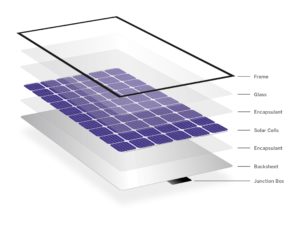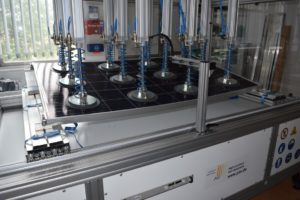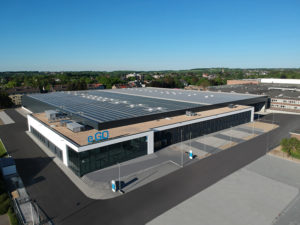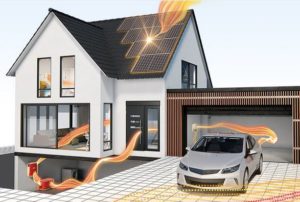Standard Association of Zimbabwe becomes energy independent
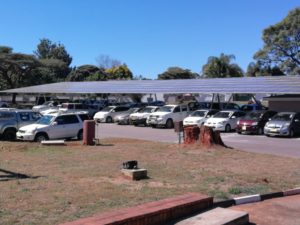 Our South African colleagues of IBC SOLAR Z.A. have commissioned a 194 kilowatt peak system with battery storage in Harare, the capital of Zimbabwe. The flagship project was ordered by the Standard Association of Zimbabwe (SAZ), that will be using the PV system to provide an uninterrupted, environmentally friendly power supply to its central administration building. (more…)
Our South African colleagues of IBC SOLAR Z.A. have commissioned a 194 kilowatt peak system with battery storage in Harare, the capital of Zimbabwe. The flagship project was ordered by the Standard Association of Zimbabwe (SAZ), that will be using the PV system to provide an uninterrupted, environmentally friendly power supply to its central administration building. (more…)
